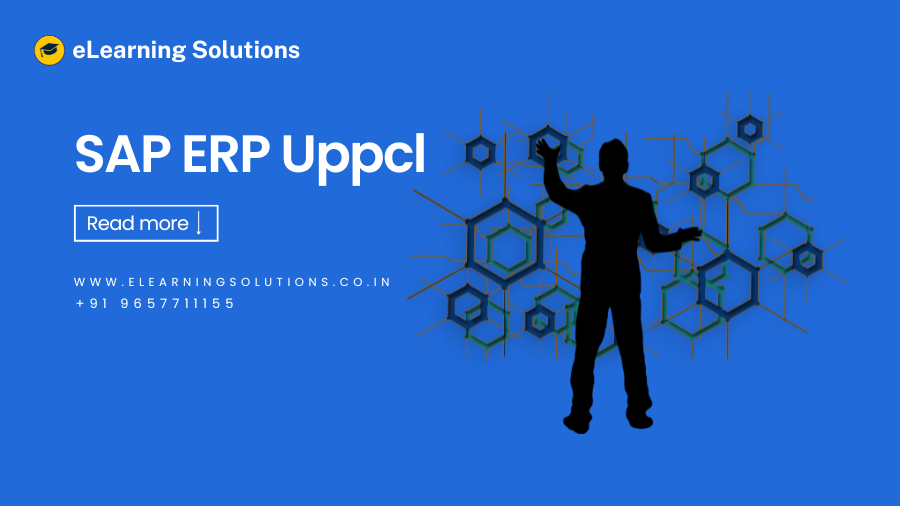Exploring SAP ERP UPPCL
Before exploring SAP ERP UPPCL, let’s know that Uttar Pradesh Power Corporation Limited (UPPCL), a leading power distribution company in India, has embarked on a transformative journey by implementing SAP Enterprise Resource Planning (ERP) software. This strategic move aims to streamline operations, enhance efficiency, and empower UPPCL to deliver reliable and cost-effective power to millions of customers.
Understanding the Context: SAP ERP UPPCL
UPPCL caters to a vast consumer base across Uttar Pradesh, facing the challenge of managing complex operations, ensuring timely billing, and improving customer service. In this context, SAP ERP emerges as a powerful tool for:
- Integrated Data Management: Consolidating diverse data across various departments, fostering transparency and informed decision-making.
- Enhanced Operational Efficiency: Streamlining processes like billing, meter reading, and complaint management, leading to improved resource allocation and cost optimization.
- Improved Customer Experience: Providing a single platform for customer interactions, enabling faster issue resolution and enhanced service quality.
- Data-Driven Decision Making: Generating valuable insights through analytics, enabling informed strategies for resource allocation, maintenance, and future investments.
Exploring SAP Modules at SAP ERP UPPCL:
While the specific modules implemented by UPPCL might not be publicly disclosed, some potential areas of focus could include:
- SAP Financial Management (FI): Streamlining financial processes, including budgeting, accounting, and cash flow management.
- SAP Materials Management (MM): Optimizing procurement of materials like transformers and meters, ensuring timely availability and cost control.
- SAP Customer Relationship Management (CRM): Enhancing customer interactions by providing a centralized platform for managing inquiries, complaints, and service requests.
- SAP Plant Maintenance (PM): Optimizing maintenance schedules for power plants and distribution infrastructure, minimizing downtime and ensuring reliable power supply.
Benefits and Challenges:
Implementing SAP ERP presents both significant benefits and potential challenges:
Benefits:
- Improved operational efficiency and cost savings.
- Enhanced data management and transparency.
- Streamlined processes and better decision-making.
- Improved customer service and satisfaction.
Challenges:
- Integration challenges with existing legacy systems.
- Change management and employee training requirements.
- High initial investment and ongoing maintenance costs.
The Road Ahead:
UPPCL’s adoption of SAP ERP represents a significant step towards modernizing its operations and creating a future-proof infrastructure. While challenges lie ahead, the potential benefits of improved efficiency, enhanced customer service, and data-driven decision making paint a promising picture for UPPCL’s journey towards becoming a more efficient and customer-centric organization.
Disclaimer:
This blog is based on publicly available information and does not claim to have any official association with UPPCL or SAP. It is intended to provide a general overview and may not reflect the specific details of UPPCL’s SAP implementation.
Further Resources:
- UPPCL Website: https://www.uppcl.org/
- SAP Website: https://www.sap.com/index.html
By staying informed and embracing innovation, UPPCL can leverage the power of SAP ERP to illuminate a brighter future for both the organization and its customers.



 WhatsApp us
WhatsApp us